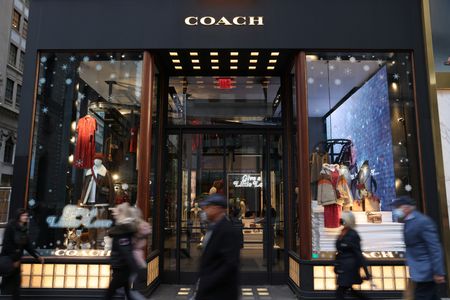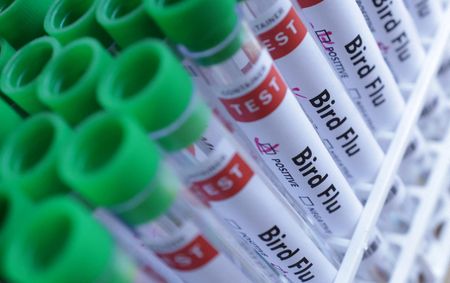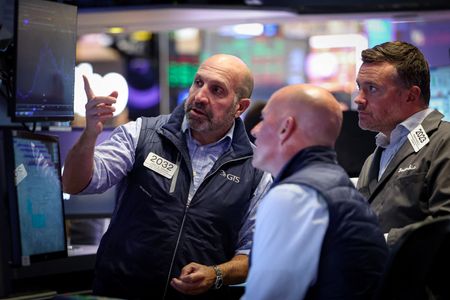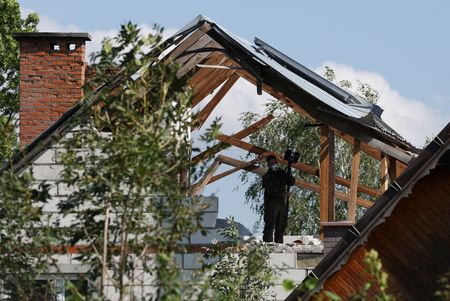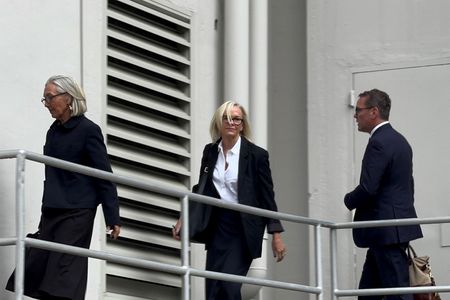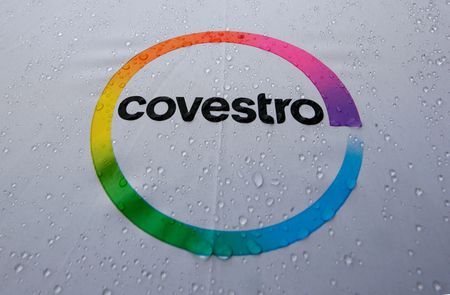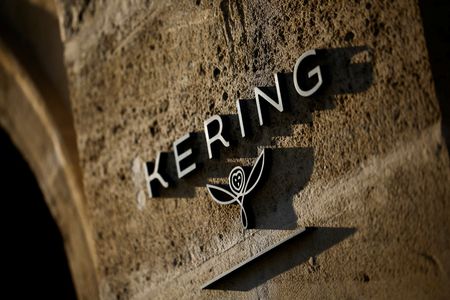By Neil J Kanatt and Savyata Mishra
(Reuters) -Tapestry expects to fully mitigate the impact of current U.S. tariffs by fiscal year 2028, executives said at its investor day on Wednesday, as the retailer announced plans to buy back shares worth $3 billion during that period.
The company, whose leather handbags and accessories under labels such as Coach and Kate Spade are made in countries including Vietnam, Cambodia, and India, is in line to bear the costs of U.S. President Donald Trump’s tariffs.
Tariffs are set to cost the company about $160 million in fiscal 2026, Tapestry had warned last month, adding that levies would particularly hurt the Kate Spade brand.
“We would continue to make progress and in fact grow gross and operating margins in FY27 and beyond, and we will fully mitigate the impacts of tariffs through this three-year period,” CFO Scott Roe told investors on the call on Wednesday.
The company said momentum at Coach — Tapestry’s biggest revenue driver — is set to boost the brand’s sales to about $10 billion in the long run. Kate Spade is expected to return to “profitable topline growth” by fiscal 2027, it said.
“We have a number of actions over time that will even make bigger impacts against those tariff costs … So we have great confidence in our ability to grow gross margins, even with the impact of tariffs,” CEO Joanne Crevoiserat told Reuters.
Tapestry forecast full-year revenue to increase by mid-single digits in fiscal 2027 and fiscal 2028, and adjusted profit per share to grow by low double-digits each year, factoring in trade policies as of August 1 and the end of the “de-minimis” tariff exemption on low-value goods.
Shares of the company were down as much as 3.4% in afternoon trading. The stock has risen 60% so far this year.
(Reporting by Neil J Kanatt and Savyata Mishra in Bengaluru; Editing by Sahal Muhammed)

